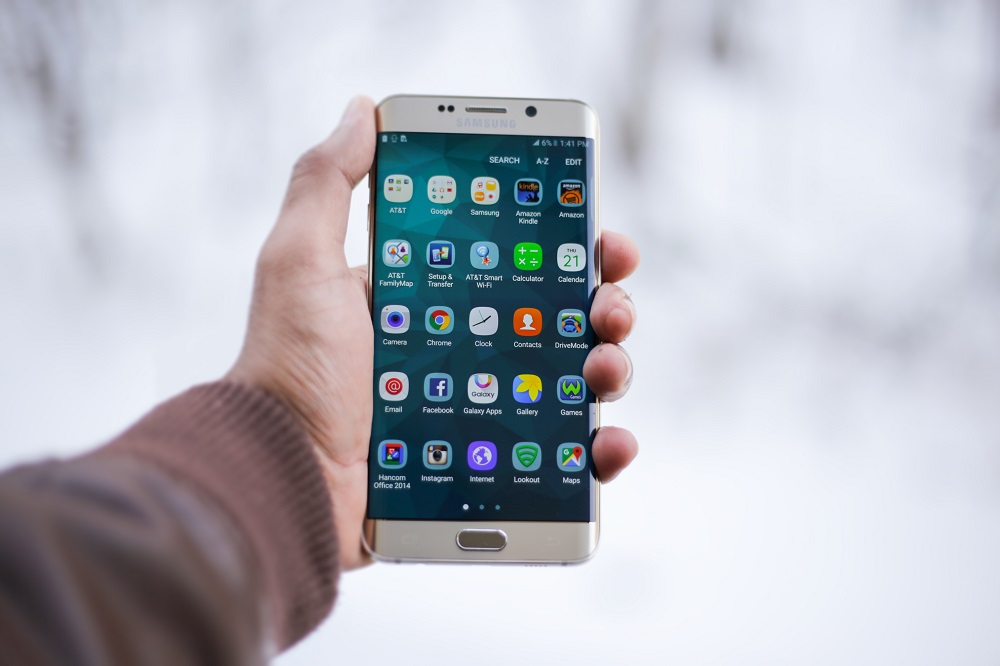* Terms and Conditions apply.
Is it possible to give yourself an edge and make your brain ‘better’? With the advent of mobile phones there has also been a growth in the number of apps available for ‘brain training’. But do these apps work?
I’ve just read an article about this in The Guardian.

The problem with these sorts of apps – even before you start wondering about whether they are actually effective at brain training – is that they do seem a lot like computer games. They often have the same repetitive quality so continued success that these apps – often measured in how quickly you are able to complete the task – might not be telling you anything other than you have improved dexterity due to doing a repetitive task. They are also similar to computer games in that they take up time but perhaps this is time which can be spent in a more productive way.
I guess the first thing to consider when exposing yourself to the idea of brain training is what the purpose is. Downloading memory apps the week before an exam seems unlikely to be a solution to a better exam result. If your goal is a short term one, like a specific exam then the time is better spent on revision of the exam material. If the goal is to develop a greater capacity for the brain over time, it does seem like the 5-minutes-a-day-on-the-app solution is unlikely to pay off. Perhaps exposure to more positive and tried methods would be better.
The Guardian article talks about studies which confirm the long-term benefits of being a student of music. It is interesting that studies have suggested that even moderate exposure to musical training in the past can make a difference to the brain’s activity. But as many of us might find this to be an unworkable solution, are there other ways?
Of course it does make sense that using your brain is likely to do you some good. The problem with the brain training apps is that this is not an example of using your brain in the sense that is needed in order to have a noticeable effect on your brain. And herein lies the key. Perhaps doing a range of different mentally challenging activities is a good way to achieve the desired effect.
Learn a foreign language, play scrabble, do crossword puzzles, read good literature, play card games such as Bridge – these are all methods which are often suggested as effective ways to stay mentally alert and active. Do they work? I would suggest that they do – although possibly not in the same way that the Guardian article describes the success of musical training. The Guardian article quotes long terms studies with scientific measurement to support the idea that musical training is beneficial. However, I would suggest that someone who regularly read challenging books, engages with the mental arithmetic needed in a game like Bridge and ponders over the meaning of words – in their own language and a foreign one – is likely to have the discipline and the interest to stay mentally agile for many years to come. I’m not sure if it’s a sure way to beat the effects of ageing on the brain, but at least, as you build up your mental capacity through the exposure to these things, you will be a much more interesting person, both for your own company and the company of others.